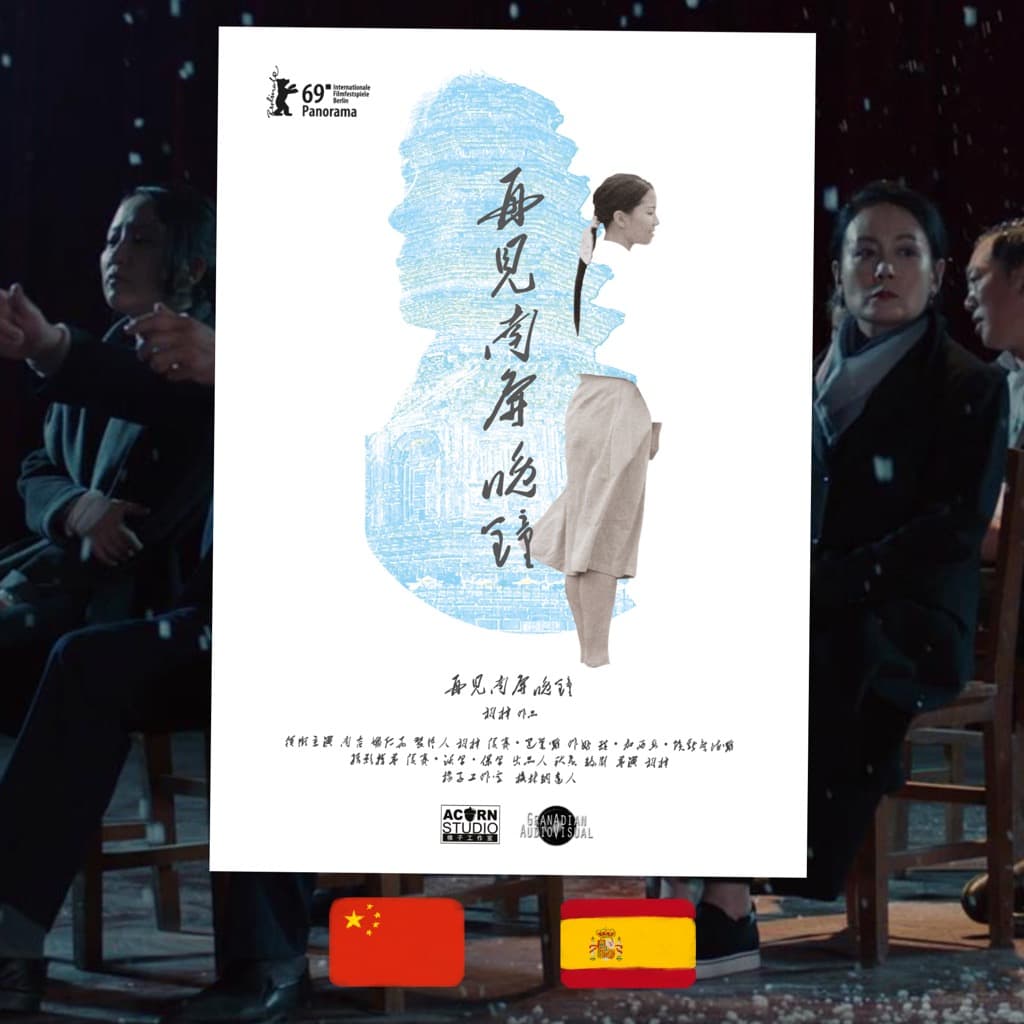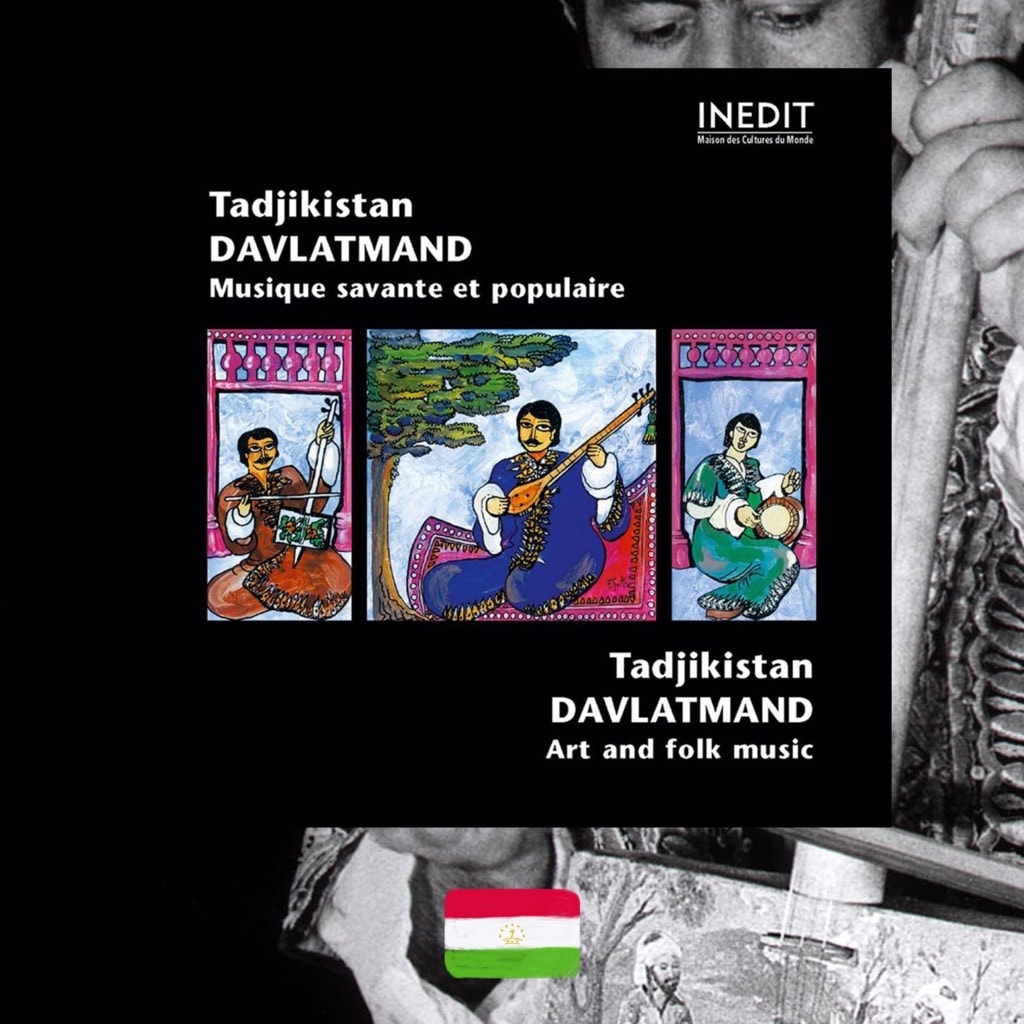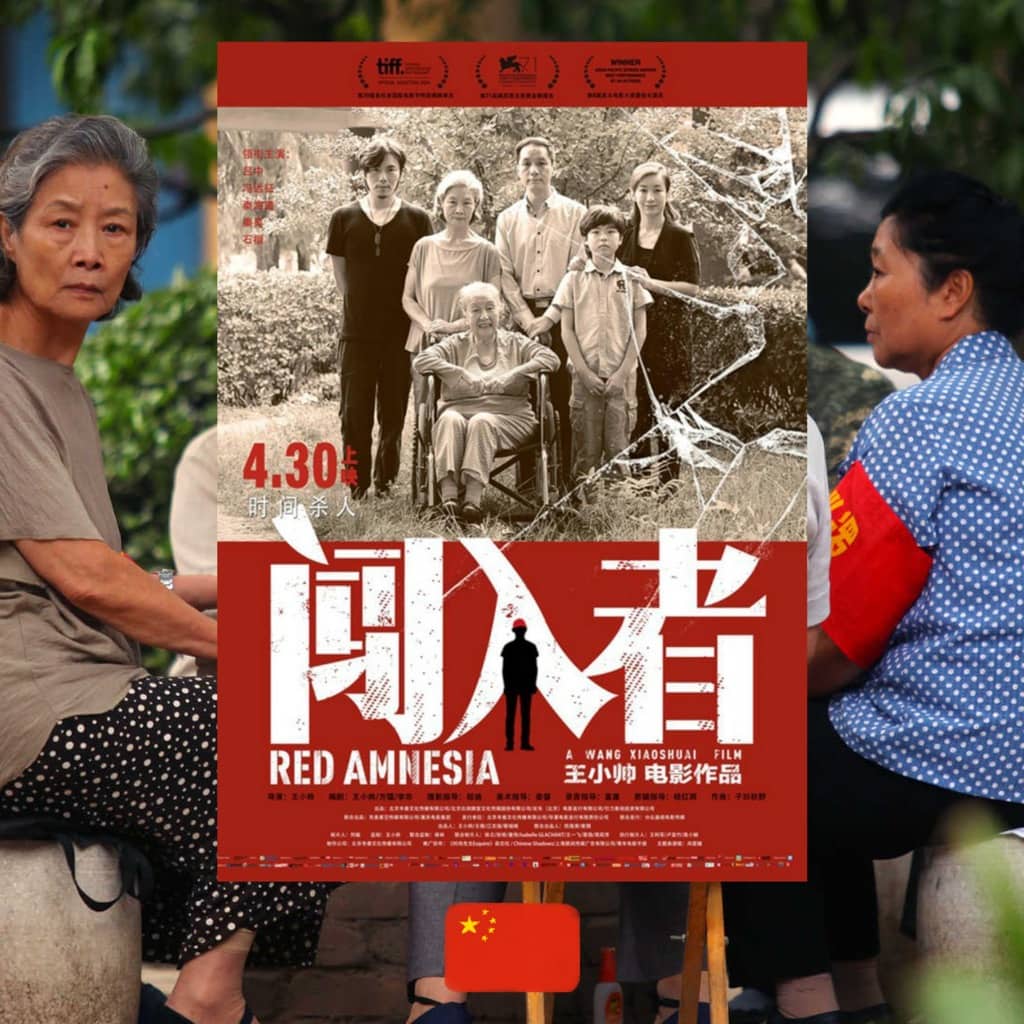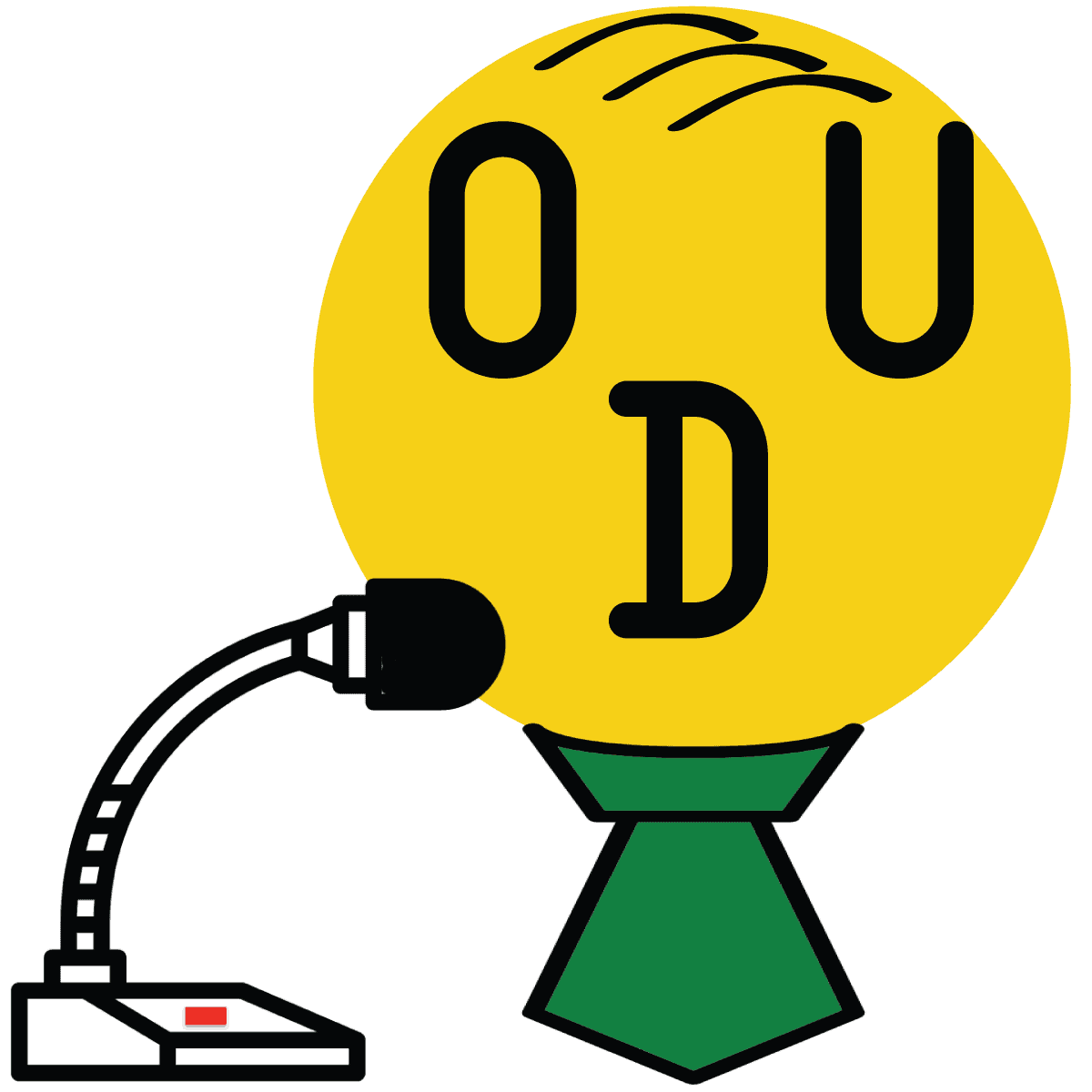Facing crippling poverty, one family’s attempt to survive may be emblematic of wider societal problems plaguing a Japan that’s in a deep economic recession
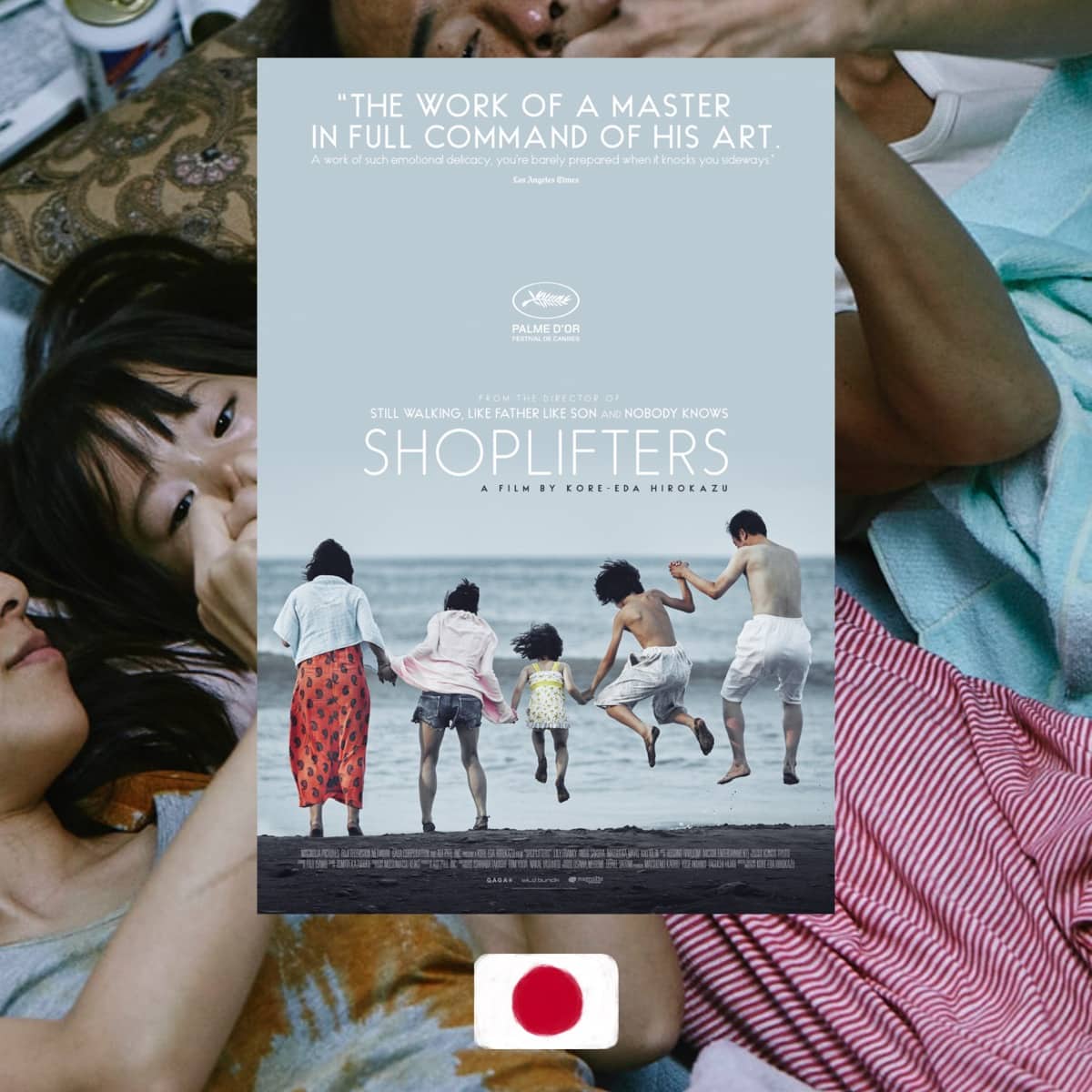

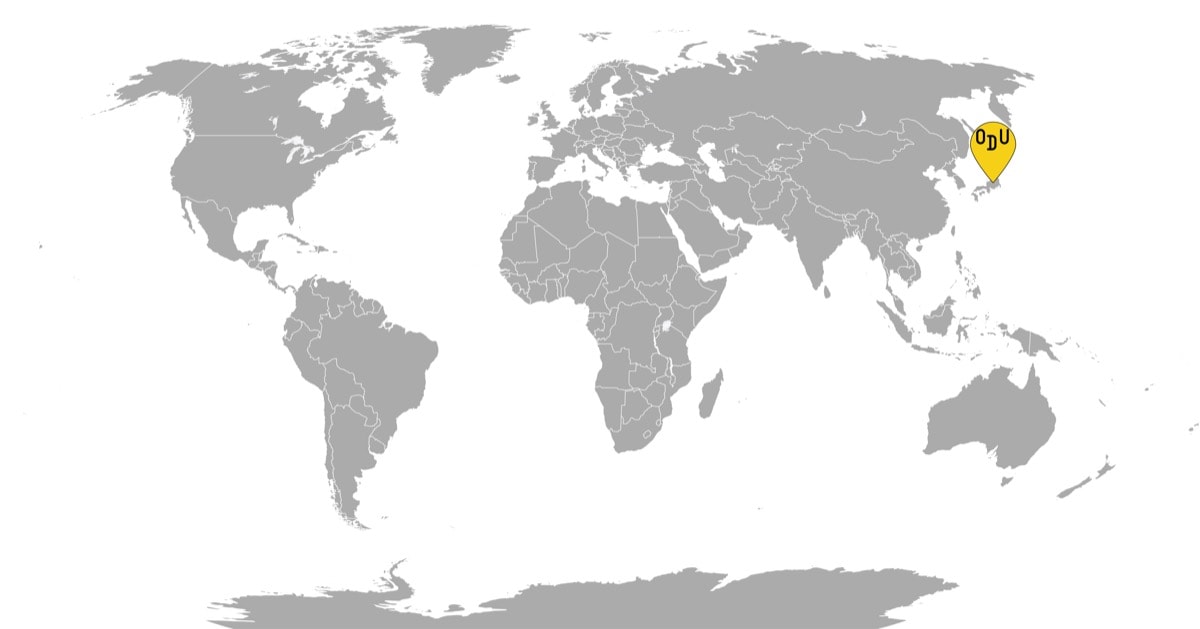
FROM JAPAN
WHAT IT’S ABOUT: On the outskirts of Tokyo, an impromptu family lives in poverty. There’s Osamu, a day labourer forced to leave his job after twisting his ankle, his partner, factory worker Nobuyo, as well as a younger woman Aki, who works at a fetish salon, a young boy Shota and Grandmother Hatsue, who owns the house the family resides in. This quasi-nomadic group are brought together by difficult and murky circumstances, and make ends meet through a lifestyle of petty crime.
Whether through shoplifting, paying work, or fraud, the family has nevertheless found a fulfilling balance in their lives. Despite Shota’s uncertainty on the morality of this existence, the group are altogether happy, safe, and unified. However, after bringing in a young girl, Yuri, who shows signs of abuse, the family must push their illegal activities further than ever before. As their efforts to provide become more and more dubious, the ménage suddenly find their way of life, and indeed their makeshift family, under threat.
WHO MADE IT: A proclaimed “master of humanism,” Hirokazu Kore-eda is one of Japan’s most celebrated contemporary auteurs. Beginning his career as an assistant director on television documentaries before breaking out with hits like “After Life” (1998) and “Nobody Knows” (2004), Kore-eda’s work is deeply rooted in realism. Indeed, his understated style echoes the documentaries he initially worked on, reflecting the everyday truths of modern Japanese society: his 2013 Cannes Jury Prize-winning film, “Like Father, Like Son,” was said by one critic to be one of the best representations Japanese society has ever had on-screen (Noel Murray, The Dissolve)
Habitually, Kore-eda utilises a select few frequent collaborators in his films, and “Shoplifters” is no exception: actors Lily Franky (Osamu), Kirin Kiki (Grandmother Hatsue), and Sosuke Ikematsu (‘4 ban-san’) have all previously worked with Kore-eda extensively, as well as his trusted team of producers. Kiki, especially, is a frequent collaborator with Kore-eda, most notably as the mother in “Still Walking,” although “Shoplifters” was one of her final projects before her untimely passing. Ando Sakura (Nobuyo) and Matsuoka Mayu (Aki), both propelled to fame in Japan through the success of “Love Exposure,” had their Kore-eda debut with “Shoplifters,” while child actors Kairi Jō (Shota) and Sasaki Miyu (Yuri) appeared in their first feature film roles.
The film’s composer Haruomi Hosono, the leader of the electronic band Yellow Magic Orchestra, is widely considered to be the father of Japanese pop music.
WHY DO WE CARE: Thematically, “Shoplifters” echoes a previous film by Kore-eda, “Like Father, Like Son,” in answering the question “what makes a family?” However, whilst that previous film viewed this question through the lens of the traditional/modern split in Japan, “Shoplifters” approaches this theme through a far more pressing topical issue: the current Japanese economic recession.
Indeed, described by Kore-eda as his “socially conscious” film, “Shoplifters” examines how a family can oxymoronically both thrive under poverty as well as be undone by it. The recurring motif of the film – the eponymous shoplifting – epitomises this idea. Osamu and Shota’s shoplifting may be illegal, but it serves an important function to the family: it is the only way for the group to survive. Failed by society following his accident, Osamu turns to shoplifting to provide for his surrogate family, going as far as to pass on this skill; he teaches Shota, and later the newly ‘adopted’ Yuri, the techniques of this shoplifting’ trade.’ In this sense, this petty crime they perform due to their poverty unites the family, strengthening the inter-generational bond they share. Of course, conversely, this poverty-provoked crime is what eventually causes the family’s disruption, through the legal ramifications of their actions.
Therefore, through this shoplifting, Kore-eda constructs a complex portrayal of poverty’s impact on families: it creates a rift between what can be considered ‘legal’ and what can be considered ‘moral.’ The subtlety in how Kore-eda develops this rift, paired with emotionally charged performances from Lily Frankly (Osamu) and Kairi Jō (Shota), creates a heart-breaking portrayal of Japan’s economic recession: a bittersweet account of how familial happiness and existence comes into conflict with the law and the capitalist system.
WHY YOU NEED TO WATCH: Writer, director and editor on all his films, Kore-eda views his works as vessels for his left-wing socio-economic viewpoints/ Often compared to that of directors Ken Loach and Tsai Ming-liang, Kore-eda’s work is routinely inspired by what he sees as systemic issues within contemporary Japan.
In “Shoplifters,” the systemic issue highlighted is how Japanese society conflates what is ‘legal’ with what is ‘moral.’ As Kore-eda outlines in an interview with Sight and Sound, “a lot of crimes happen in Japan, but the government tend to view crime as a matter of individual responsibility… So, they just punish that person”. This judicial attitude towards crime consequently exacerbates the socio-economic issues Japan faces and is exhibited beautifully in “Shoplifters”: by separating the individual from the society, this viewpoint removes the act from its context.
For example, Osamu and Shota’s shoplifting in isolation may initially seem immoral, but when contextualised within the framework of a father who was let down by society trying to support his family (namely, an out-of-work Osamu who fails to get support from the state following his injury), it is a necessary, and even moral, action. Moreover, even beyond the titular shoplifting, seemingly every member of the family engages in behaviour that may seem immoral to a stringent, law-abiding citizen, but becomes humanistically moral when contextualised. From Hatsue misleading her biological family so she can financially support her surrogate one to Aki finding human connection through the fetish work she performs at her job at a hostess club—this behaviour may seem sketchy on the surface, but it reflects a deeper sense of decency and humanity. Therefore, by framing this behaviour as defendable despite its illegal or questionable nature, Kore-eda indicates that the governmental view of “individual responsibility” is flawed and that a new definition of morality is needed by Japanese society
In this regard, Kore-eda’s makeshift family becomes deeply emblematic: what real-life, downtrodden families are being punished for their moral actions, in a similar way? And by punishing such ‘offenders,’ is the government jeopardising the poorest and most vulnerable in their society? As the finale of the film shows, it’s hard to imagine a ‘happy ending’ for any family facing poverty in Japan, especially in the long-run
At a time when, due to the coronavirus, Japan is further toughening its stance towards such ‘crimes,’ Shoplifters is essential viewing in helping understand how these ‘crimes’ can sometimes be (oxymoronically) illegal yet moral, and how a toughening on crime may worsen the situation irrevocably. Now, more than ever, Kore-eda’s film highlights the idea of ‘what makes a family,’ and how Japan’s economic recession may cause both its strengthening and undoing.
Shoplifters (Manbiki kazoku, 万引き家族 ), 2018
Director: Hirokazu Kore-eda
For more content like this sign up for our weekly newsletter
WATCH THE TRAILER





